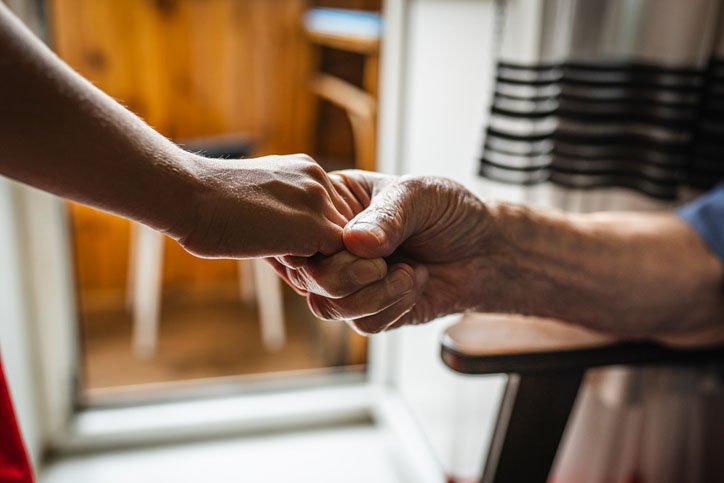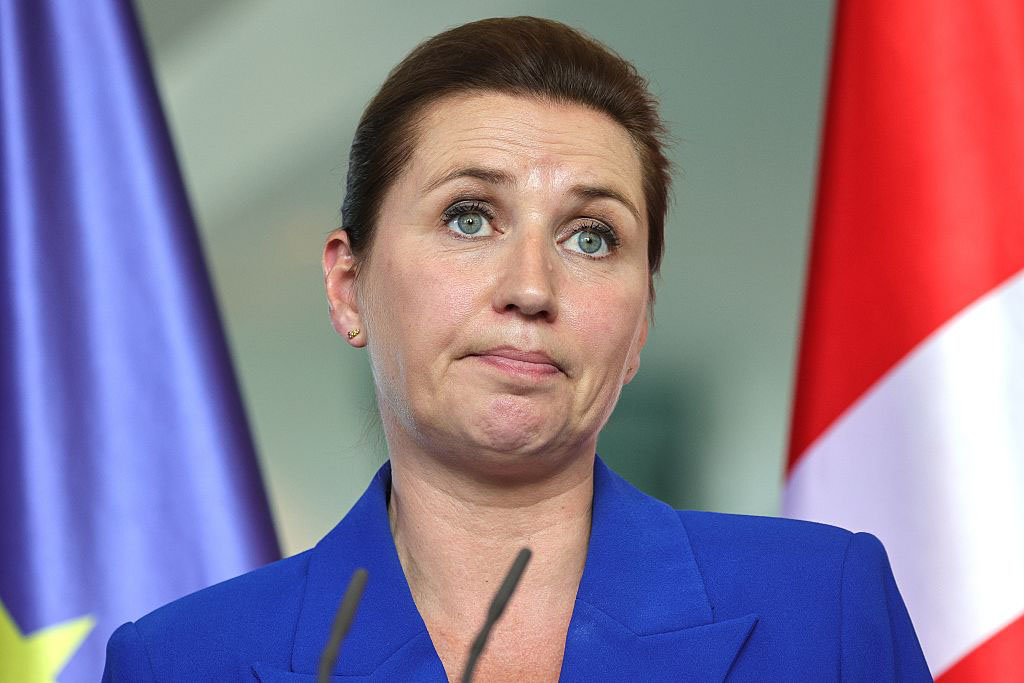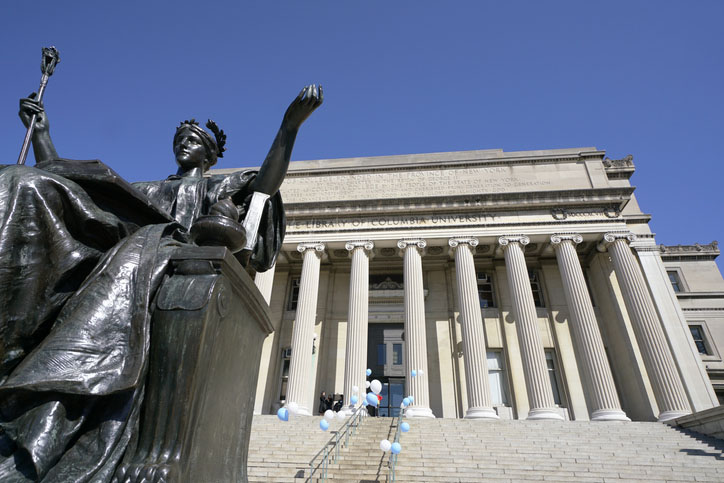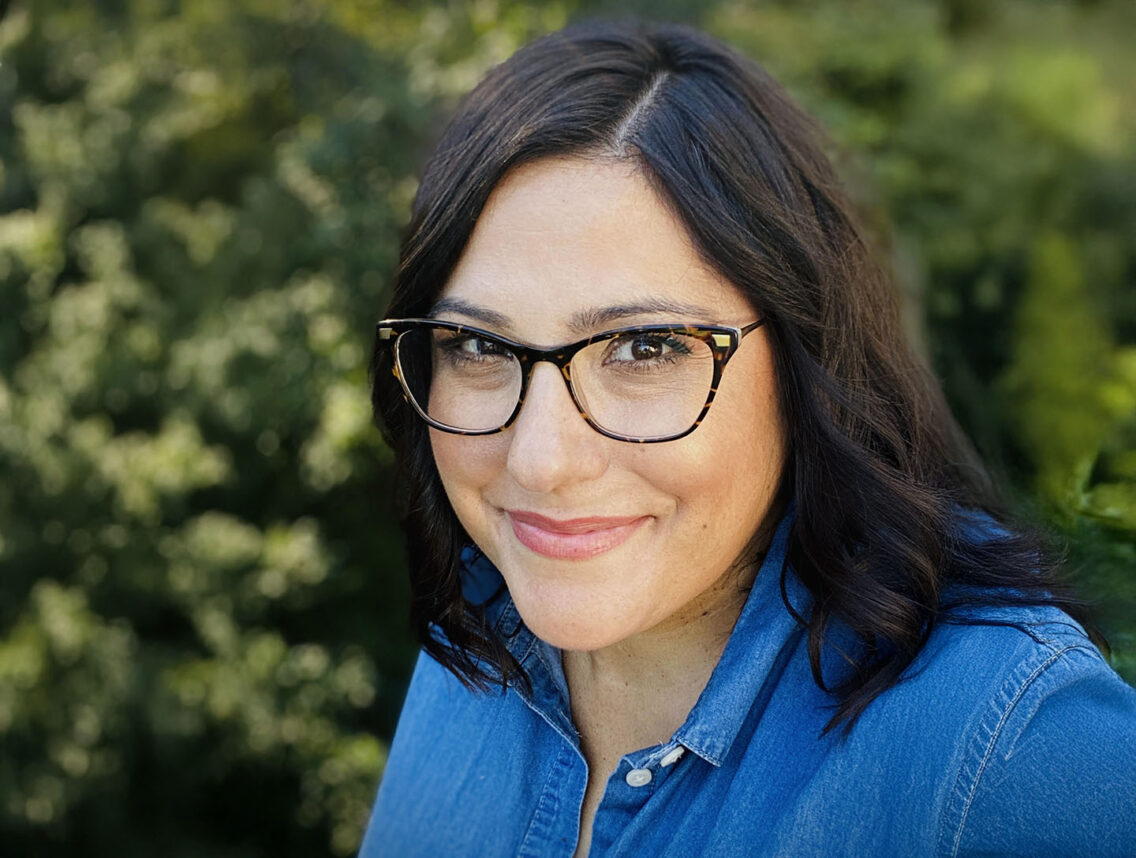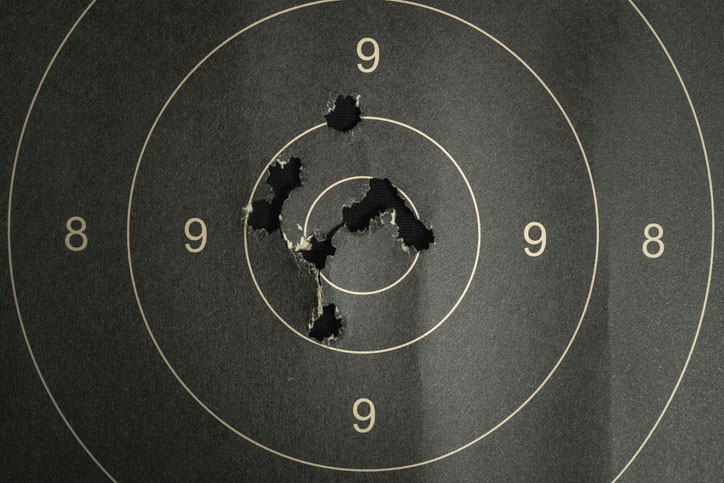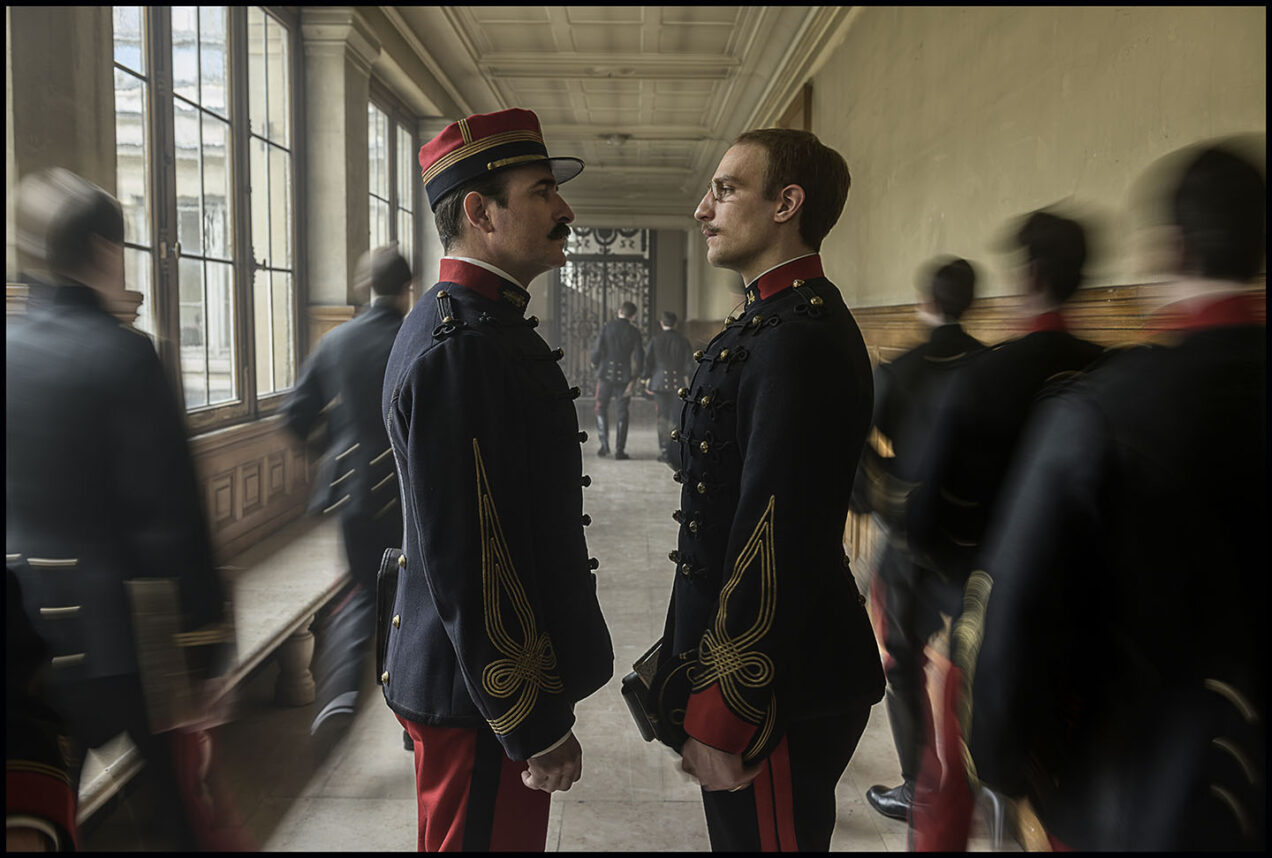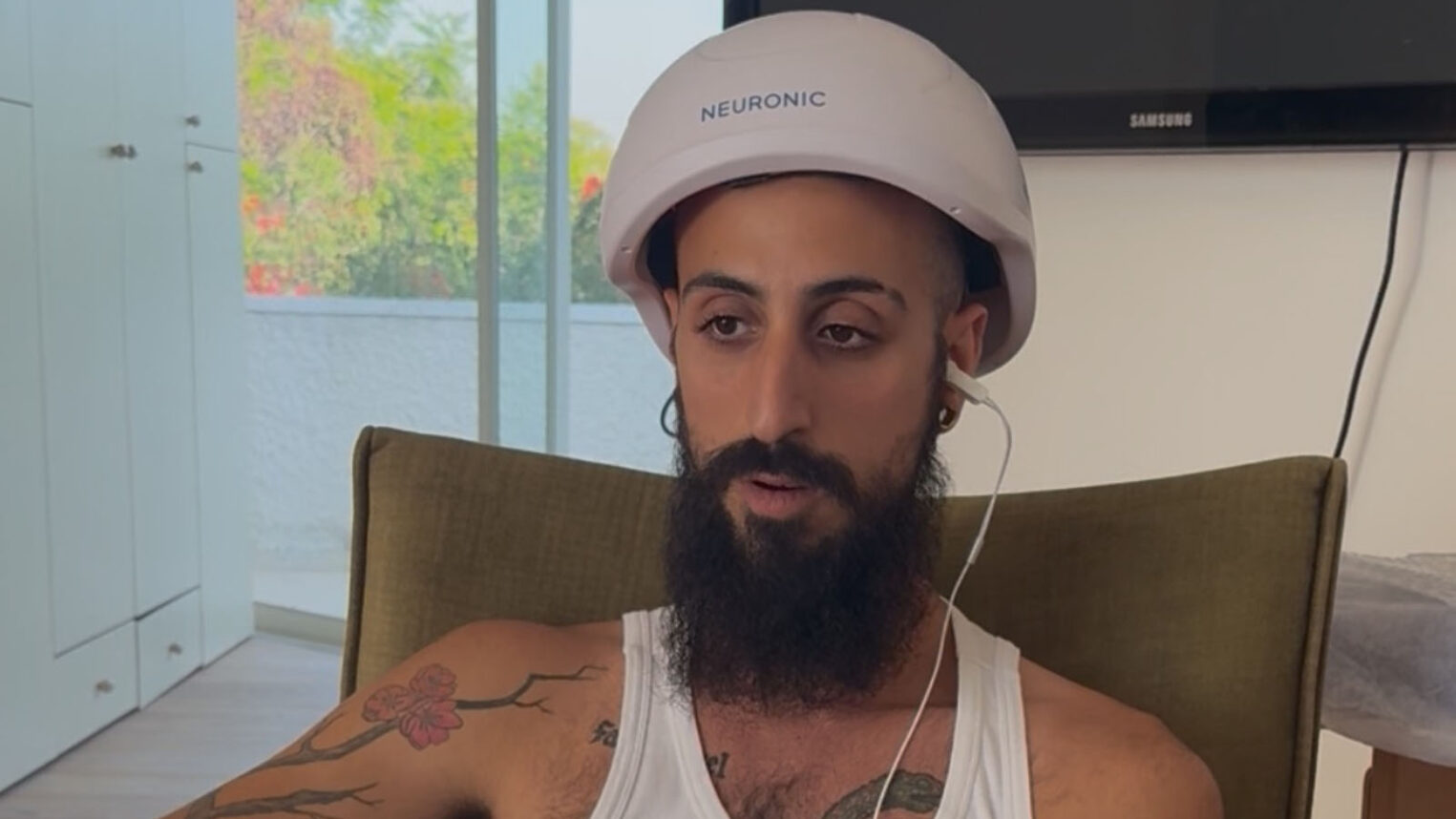Let’s suppose that the school your child attends gets a new principal. And let’s suppose — you’ll soon see why — that this new principal just signed a petition that calls on citizens to cheat on their tax forms because he believes taxes are immoral or he is not satisfied with the way the government spends its tax money. Or let’s say the school doesn’t have a new principal, but your daughter gets a new teacher. He is a great math teacher, but, when not working, he spends his time pouring sugar into the gas tanks of police cars — because he wants the police to get out of his neighborhood, or because he thinks police officers are racist.
What will be your position toward these educators?
A. It is a free country — and the principal/teacher can do whatever he/she wants in his/her free time.
B. If he\she is charged by the legal system, he/she should not be allowed to teach. As long as the legal system isn’t involved, the education system should tolerate him/her.
C. A principal/teacher is a role model, and we have the right to demand that a principal/teacher will be a member of our society who respects the law — so I want him/her fired.
D. Signing a petition is one thing, disrupting the police is another matter — so I’d keep the first and fire the second (or vice versa — although it’s harder to see how we would get to that conclusion).
Israeli children are going back to school this week, and at two schools they — or, to be more exact, their parents — will have to grapple with dilemmas somewhat similar to the ones presented above. In one school, in the city of Ashkelon, the parents threatened to keep their kids out of school because of the appointment of a new principal. The principal’s sin: In 2002, she signed a petition calling on Israeli soldiers to refuse to serve in the occupied territories. Namely, not to obey orders. The mayor supports the parents, and the public seems to support the parents, but the Education Ministry decided to let the principal get her appointment.
Earlier this week, the principal, after a few days of silence, sent a letter to the parents. In the letter, she says that she “never encouraged soldiers and officers not to serve, or not to serve in the territories.” I’m not certain this is an accurate description of her past deeds. The petition that she signed said that the signatories “support the fight of the officers and soldiers that refuse to serve in the territories.” She also said that she did nothing unlawful by signing the petition. Whether that’s true or not, Israel’s legal system does not bother with people signing such petitions. Still, the mayor doesn’t understand the rationale: As a principal of a school, this woman is supposed to be supportive of an educational agenda that encourages teens to serve in the military. Can she do that job when her students know what she really thinks?
The second case, involving a teacher, involves controversial behavior that is more recent. One could argue that the principal should not have to pay today for something she signed more than a decade ago — but this teacher was caught on camera just last week taking part in an incident in which an Israel Defense Forces (IDF) soldier was beaten up by Palestinians. The teacher, who works at a school in Ramat Gan, did not physically harass the soldier, but he didn’t try to assist him or prevent his peers from harassing him. So the parents want him gone, and the mayor of Ramat Gan wants him gone. He cannot be a role model for children, they say. He might be able to be a teacher in the narrow sense, but if our teachers are also educators — and that is what most teachers would like to believe — he should be fired.
The responses to such incidents tend to be predictable. There is the “right” response and the “left” response. The “not in our backyard” response versus the “this is a witch hunt” response. The minister of education said on Sept. 1 that the ministry is looking into the matter carefully. That is a good thing. The minister refrained from being a populist on such a delicate matter. In fact, he reminded his audience that the educational system does not belong to a specific political camp. It has to make room for everyone and has to make sure it does not punish teachers for their personal views.
And, of course, the personal views of the teachers should not be of any concern to the system. Or should they? Before you make your final judgment, imagine other possible scenarios. What if a principal were to sign a petition calling on soldiers not to obey orders concerning the evacuation of settlers in the West Bank? Or a petition supportive of the position that soldiers in the IDF should obey the orders of rabbis rather than those of military commanders? Would you still want that principal to be the one in charge of your children’s school? Or imagine the teacher joining a violent protest of right-wing radicals that harass Palestinian farmers, or marching in a provocative rally in an Arab village. Would that change your outlook on this matter?
If teachers were in charge only of teaching — if all they were asked to do is educate our children in math and science, Hebrew and history — it would be easier to say that their views are irrelevant, or much less relevant, to the way they do their job. But in Israel — and I’m far from certain that this is the right policy — we are constantly taught that schools are not just for teaching, that schools are for educating. We expect the schools to make our children better citizens, to make them more tolerant, to make them more patriotic, to make them more aware of human rights. All these are things that are not “technical” — they are ideological.
Hence, the demand for a certain consistency makes sense. A principal that teaches the students that they need to be polite is expected to be polite in his “private life.” He cannot say that in his “private life” it is his right to be aggressive and impolite. Because when it comes to education and to being a role model, there is no such thing as a “private life.” A teacher in a religious school cannot dress in a way that religious families deem immodest in his “private life” for the same reason: The students are watching. A teacher also cannot tell the students that serving their country is their sacred duty, but then dodge the draft and evade military service. If he does that, the students will call his bluff.
So here is the challenge: Assuming that Israel wants the principals and the teachers to educate and not just teach — and it seems to want that — how should it balance the need to have them as role models without Israel becoming a place that enforces uniformity? That is not an easy challenge, as parents and teachers in Ashkelon and Ramat Gan have just learned.














